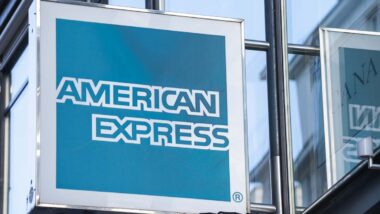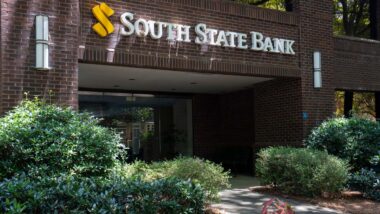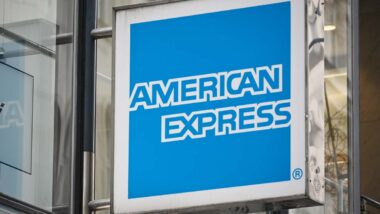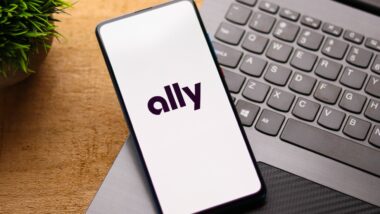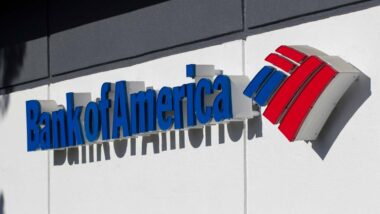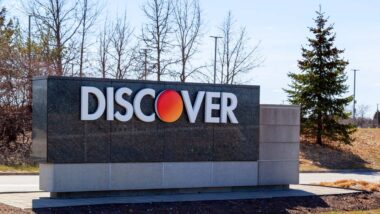Top Class Actions’s website and social media posts use affiliate links. If you make a purchase using such links, we may receive a commission, but it will not result in any additional charges to you. Please review our Affiliate Link Disclosure for more information.
In an attempt to keep struggling citizens from having to pay overdraft fees during the coronavirus pandemic, two U.S. senators sent a letter to banks asking for such bank fees to be waived until the crisis is behind us.
Sen. Cory Booker (D-N.J.) and Sen. Sherrod Brown (D-Ohio) said they understand that nearly 22 million Americans suddenly and unexpectedly find themselves without an income, according to CNBC.com. Even with the most stringent budgets, it may become impossible for some to avoid incurring overdraft fees or non-sufficient funds fees.
An overdraft fee is incurred when a checking account is overdrawn as a result of a debit card transaction. Instead of the card being declined, the bank covers the difference between what the account holder had in the account and the amount of the intended purchase. The bank then charges the account holder an overdraft fee for the courtesy of covering the transaction.
A non-sufficient funds fee is a charge incurred upon a check bouncing because not enough money was in the account to cover the amount written on the check.
The senators sent a letter to the following 15 financial institutions requesting them to refrain from charging overdraft and non-sufficient fund fees during this period of time that so many millions of Americans are without a steady income:
- Ameris Bank
- Bank of America
- BankPlus
- CitiBank
- HSBC
- JPMorgan Chase
- Ocean Bank
- PNC Bank
- Regions Bank
- TD Bank
- Truist Bank, including BB&T and SunTrust
- U.S. Bank
- Wells Fargo
- Woodforest National Bank

NerdWallet released a study in September 2019 that found the average overdraft charge is $35. Credit unions generally charge about $26 per overdraft. These fees add up quickly, especially when a person has no source of steady income to replenish their checking account on a regular basis. What’s worse is that 58 percent of banks said they continuously charge overdraft fees on accounts that are overdrawn for several days.
The letter from the senators to Chase Bank said in part, “…Banks should be ensuring that consumers will not be faced with any overdraft charges that compounds their already fragile financial state, and provide them some relief as they manage ongoing expenses, including rent and mortgage payments, utility bills, and other essentials.”
Proposed Legislation on Overdraft Fees
In March, Sen. Booker and Sen. Brown introduced legislation to prohibit all financial institutions from charging customers for overdrafts until the threat of COVID-19 has passed. At first, the measure was included in the federal relief package, but now, the bill to reign in such fees is a bill unto itself.
Their bill would prohibit financial institutions from charging an overdraft fee or non-sufficient fund fee for ANY transaction, including at ATMs, at a point-of-purchase register sale, or involving checks or recurring payments. The bill also would prevent financial institutions from reporting a consumer’s use of overdraft coverage to a credit reporting agency, and would allow financial institutions to extend a reasonable overdraft line of credit to consumers who have accounts with insufficient funds.
“Millions of hardworking Americans have been thrown into financial insecurity because of this unprecedented global pandemic,” Booker said. “For these individuals, and those vulnerable before the outbreak, one $35 overdraft charge can lead to financial free fall.”
In 2019 alone, financial institutions collected more than $34.6 billion in overdraft fees, according to Moebs Services, a research company specializing in financial affairs.
Some financial institutions have already promised to waive overdraft fees during the pandemic. Ally, Bank of America, KeyBank, and Santander are among the banks who will temporarily waive such fees.
If your financial institution has not offered to waive fees during the pandemic, you can opt out of the bank’s overdraft protection program. If you do opt out, your debit card will be denied if there are not enough funds in your checking account to accommodate the purchase. Also, you are not able to opt out of overdraft protection for recurring payments such as streaming services, health club fees and that sort of subscription-type account.
Some customers also have expressed concern that their stimulus money will go directly to pay bank fees. However, JPMorgan Chase, Bank of America, Wells Fargo and Citigroup have promised not to use an account holder’s stimulus relief checks toward bank overdraft fees. Americans who filed 2018 and/or 2019 taxes and who have their banking information on file with the IRS began receiving $1,200 direct deposits from the federal relief package in mid-April.
If you were charged overdraft fees or NSF fees by your bank or credit union that you believe are improper for any reason, the attorneys who work with Top Class Actions are ready to investigate these fees on your behalf.
Learn more by filling out the form on this page.
This article is not legal advice. It is presented
for informational purposes only.
ATTORNEY ADVERTISING
Top Class Actions is a Proud Member of the American Bar Association
LEGAL INFORMATION IS NOT LEGAL ADVICE
Top Class Actions Legal Statement
©2008 – 2024 Top Class Actions® LLC
Various Trademarks held by their respective owners
This website is not intended for viewing or usage by European Union citizens.
Get Help – It’s Free
Join a Free Bank Overdraft Fee Class Action Lawsuit Investigation
If your bank and credit union has engaged in deceptive overdraft fee practices, you may have a legal claim. Fill out the form on this page now to find out if you qualify!
An attorney will contact you if you qualify to discuss the details of your potential case.
PLEASE NOTE: If you want to participate in this investigation, it is imperative that you reply to the law firm if they call or email you. Failing to do so may result in you not getting signed up as a client or getting you dropped as a client.
In order to properly investigate overdraft fee claims, you may be required to disclose bank statements to overdraft fee attorneys. Please note that any such information will be kept private and confidential.


